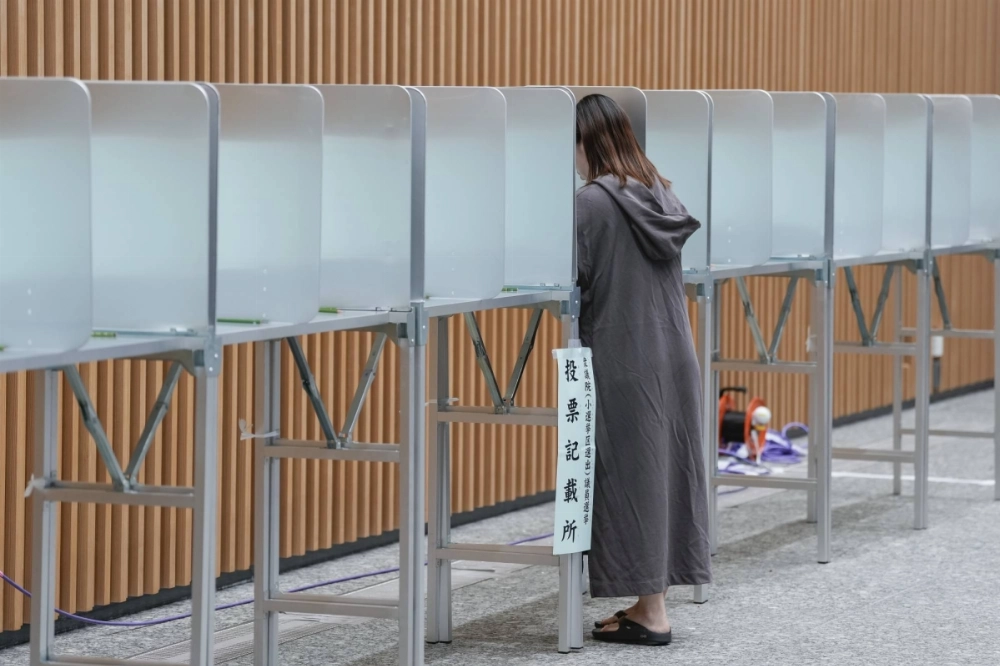A vacuum has emerged in politics around the world.
Elections in democratic countries across the globe last year were marked by a decisive rejection of incumbents. Dissatisfaction and anger are the defining features of contemporary politics and the result is untested and unstable governments whose primary focus is sating or redirecting that unhappiness away from themselves. That is a recipe for unrest.
Welcome to 2025.


















With your current subscription plan you can comment on stories. However, before writing your first comment, please create a display name in the Profile section of your subscriber account page.